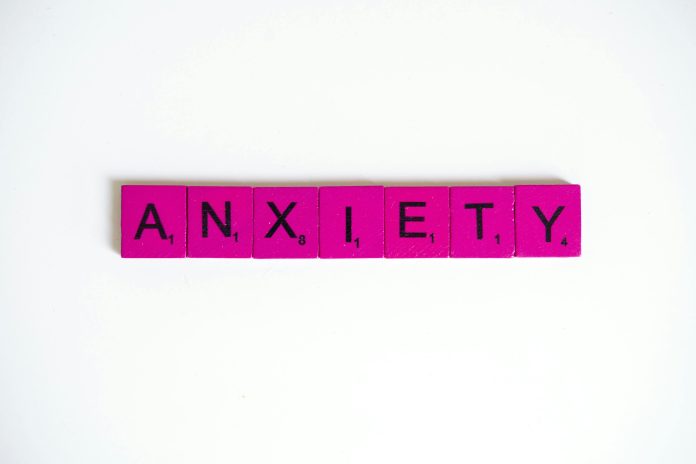It’s normal to feel worried or anxious at times within your daily life. Mild to moderate anxiety can help you focus your attention, energy, and motivation. But when these feelings become severe and out of balance, causing you to feel helpless, confused, or very worried, it may be a symptom of an anxiety disorder or a more serious problem such as depression.
Anxiety can cause physical and emotional symptoms. A specific situation or fear can cause some or all of these symptoms for a short time. When the situation passes, the symptoms usually go away.
What is an Anxiety Disorder?
Anxiety disorders occur when people have both physical and emotional symptoms. These disorders interfere with how a person gets along with others. They also affect daily activities.
Often the cause of anxiety disorders isn’t known. Many people who have them say that they’ve felt nervous and anxious all their lives. This problem can occur at any age. Children who have at least one parent with the diagnosis of depression are more than twice as likely to have an anxiety disorder than other children.
Did you know? Women are twice as likely as men to have problems with anxiety disorders.
Anxiety disorders often occur with other problems, such as:
- Mental health problems, like depression.
- Substance use problems.
- A physical problem, like heart or lung disease. A complete medical checkup may be needed before an anxiety disorder can be diagnosed.
When you have a generalized anxiety disorder, you feel worried and stressed about many everyday events and activities. But it could result in more serious outcomes like panic attacks and phobias.
What is a Panic Attack?
Panic attacks are sudden feelings of extreme anxiety or an intense fear without a clear cause or when there is no danger. While common, panic attacks sometimes occur in otherwise healthy people. They usually only last a few minutes but can last longer. For some, anxiety can worsen quickly during the attack.
Symptoms include:
- Feeling like you’re dying or losing control of yourself.
- Rapid breathing (hyperventilation).
- Numbness or tingling of the hands or lips.
- A racing heart. You may feel dizzy, sweaty, or shaky.
- Trouble breathing, chest pain or tightness, and an irregular heartbeat. These symptoms come on suddenly and without warning.
Sometimes symptoms of a panic attack are so intense that you may fear that you’re having a heart attack. Many of the symptoms of a panic attack can occur with other illnesses, such as hyperthyroidism, coronary artery disease, or COPD. A complete medical checkup may be needed before an anxiety disorder can be diagnosed.
People who have repeated unexpected panic attacks and worry about the attacks are said to have a panic disorder.
What is a Phobia?
Phobias are extreme and irrational fears that interfere with daily life. While phobias are common, they can present as fears that are out of proportion to real danger. Some individuals with severe phobias are unable to control their fears and can occur with other conditions, such as panic disorder or Tourette’s disorder.
Most people deal with phobias by avoiding the situation or object that causes them to feel panic. This is called avoidance behaviour. A phobic disorder occurs when the avoidance behaviour becomes so extreme that it interferes with your daily activities.
There are three main types of phobic disorders:
- Agoraphobia: fear of being alone or in public places where help might not be available, or escape is impossible.
- Social Phobia: fear of situations where you might be exposed to criticism by others.
- Specific Phobia: fear of specific things.
Phobias can be treated to help reduce feelings of fear and anxiety.
Paying Attention to Anxiety
Life is full of ups and downs which can cause shifts in your anxiety from time to time. It’s important to check in with yourself, finding time each day to take notes or monitor how you are feeling in certain situations. Documenting these moments of anxiety can help you process and work through those issues, but it can also help you determine a baseline. This can help make it clear when things are going well or if you need to check in with your doctor and develop a plan to address your anxiety.
Anxiety can be treated through cognitive-behavioural therapy, relaxation therapy, anxiety reduction classes, medicines, or a combination of methods. Talk to your doctor and ask questions if you think you are struggling with anxiety.










